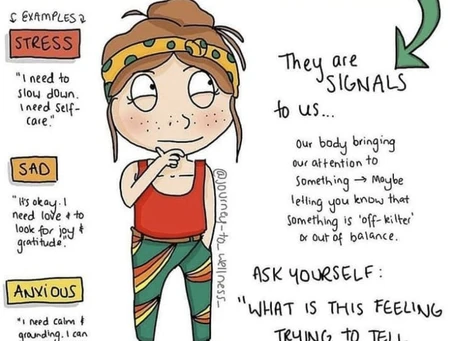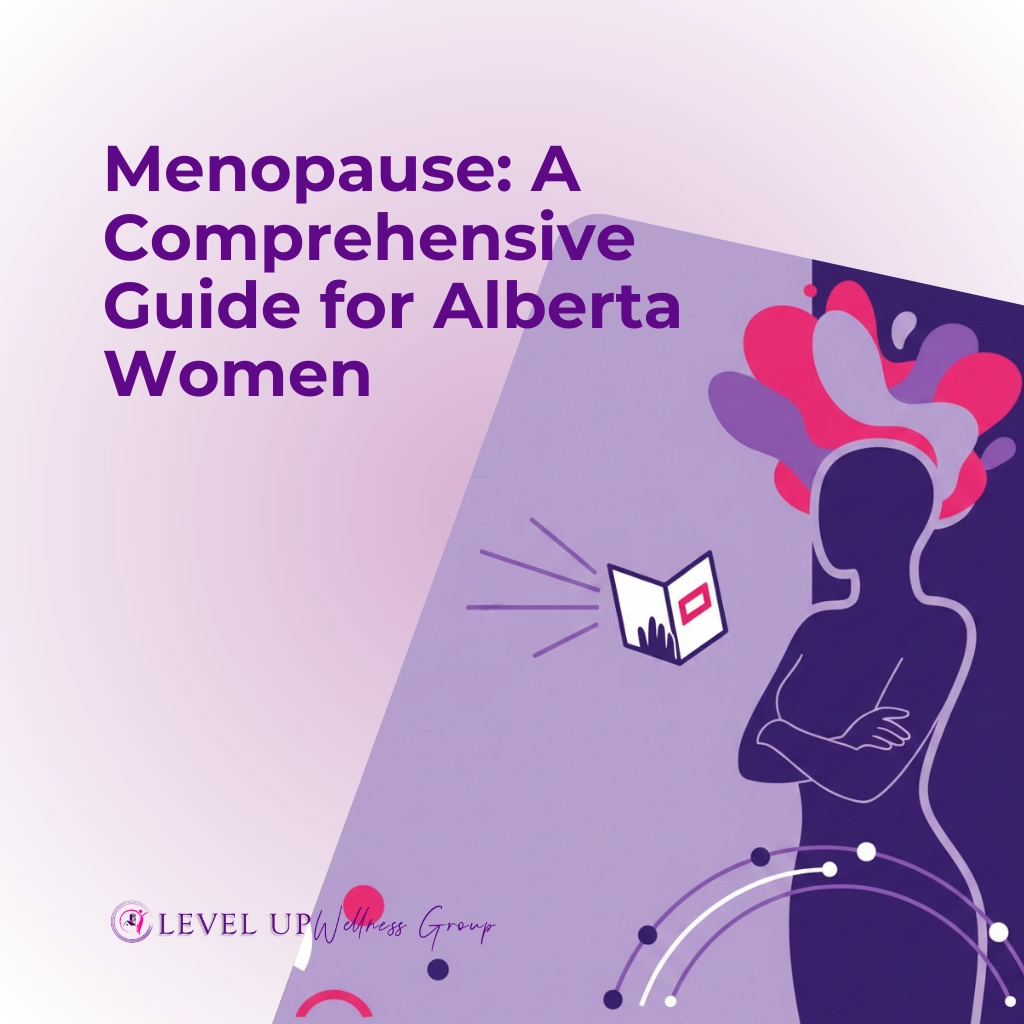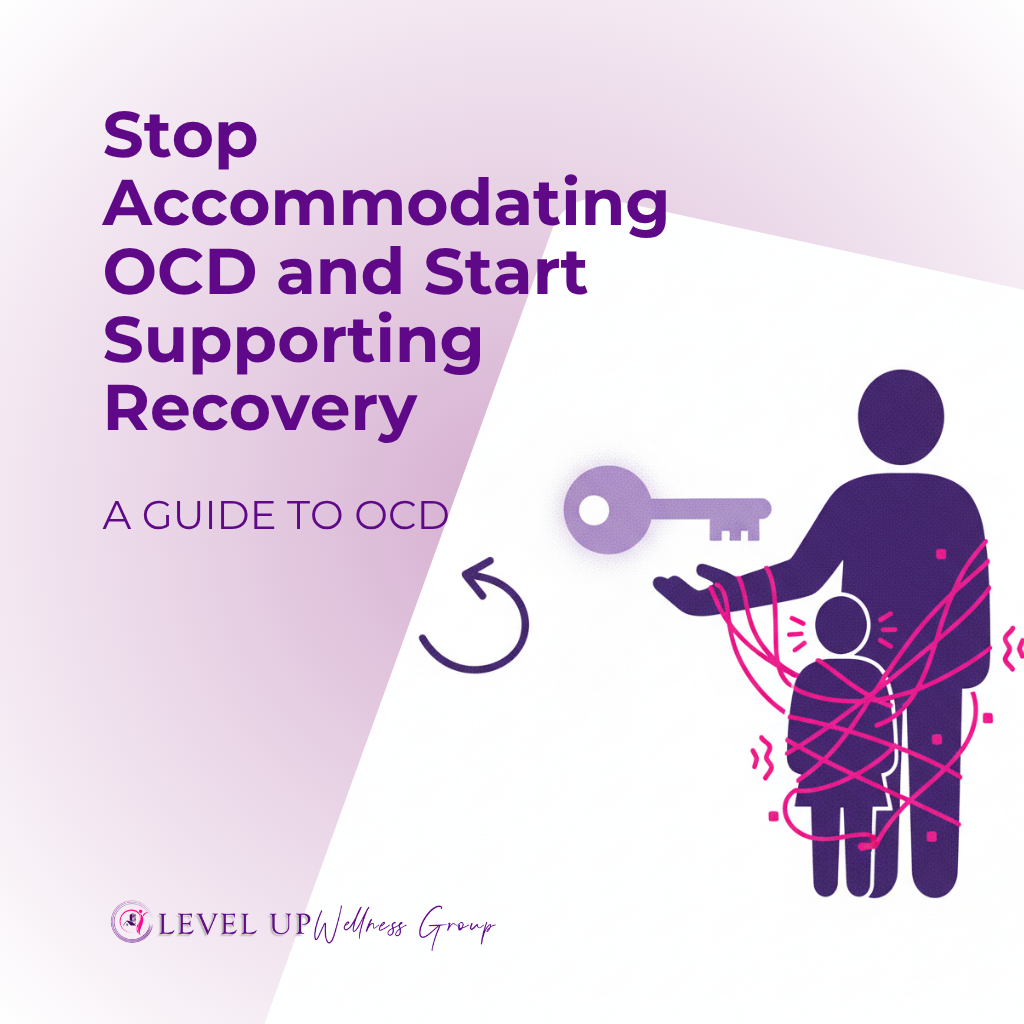By Jennifer Donnan

I remember being pregnant and thinking that having my baby was going to lead to the happiest moments of my life. I had some vague idea that there would be times of struggle, and likely a lack of sleep, at least until my baby adapted to the perfect sleep schedule (probably after the first month). But I believed the overwhelming joy would help me through these brief down moments. TV commercials show mothers dressed in beautiful, wrinkle-free clothing, with perfect hair and make-up, looking and probably feeling fully rested, rocking their baby peacefully while birds sing in the background. This would be my experience, because society taught me I was literally born to play this role.
The Reality Check
Here’s the thing though: reality rarely meets expectations. Things do not go as planned, and there’s very little feeling of control. I lived in constant anxiety; fearing that either someone would show up and want to visit, or that no one would visit, and I would never have an adult conversation again. Every choice felt life or death, and no one could possibly understand. Worst of all, any time I hinted at a negative emotion, I was placated with some version of “you’ll miss this one day”.
Embracing Conflicting Emotions
Conflicting emotions are a reality. We feel so connected, but also so isolated. We want to hold our little ones close, but also crave our own space. Something that was once a mild irritation may cause rage, and there may be apathy where once there was passion. We’re both exhausted and exhilarated, peaceful and full of chaos. So grateful, but also grieving. Incredibly happy, but also sad, resentful, or even depressed. Confident, but scared to death. In the snap of a finger, everything we knew changed, and we became responsible for another human life. We are expected to not only adapt to all of these changes, but often to do this without appropriate support.
It’s Okay to Feel This Way
If you take anything out of this blog, I want you to know that it’s ok. It’s ok if this is your experience, and it’s ok if your experience is different. It’s ok if you feel like you’ve lost yourself (either a little bit or a lot), because you can find yourself again. It’s ok if you feel like you’re doing everything wrong, because you are doing it and you are learning as you go. Finally, it’s ok to ask for help; to find a safe space where you can say all the things you are worried about saying out loud.
The Importance of Acknowledging Negative Emotions
When we dismiss negative emotions by denying them, ignoring them, or pushing them away, they get bigger and become overwhelming. The bigger they get, the harder they are to dismiss, and the more likely they are to take over. These emotions deserve to be brought into awareness, processed, and then soothed with self-compassion. I know this in itself feels overwhelming, but that is where the support of a therapist comes in.
Acceptance and Commitment Therapy (ACT)
One approach to counseling that can help accomplish this is Acceptance and Commitment Therapy (ACT). With ACT, we learn to embrace our thoughts and feelings, instead of fighting them, or feeling guilty for having them. By increasing awareness and connecting with our core values, we are able to understand where those thoughts and feelings are coming from and accept them for what they are in order to reduce their impact. We commit to being fully present and engaged in our life which, as I look back, sounds much more appealing than my original desire for birds chirping and ironed clothes!
Conclusion
Motherhood is a journey filled with both joy and challenges. It’s okay to feel overwhelmed, lost, or anxious. By acknowledging and accepting these emotions, and seeking support when needed, you can navigate this complex period with greater ease and compassion for yourself.





